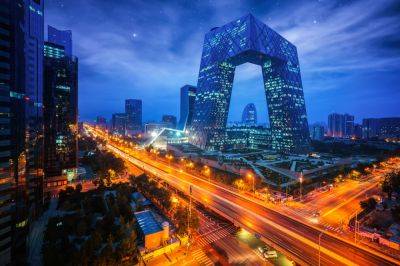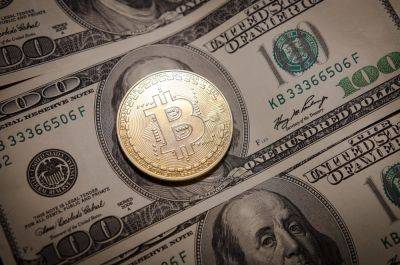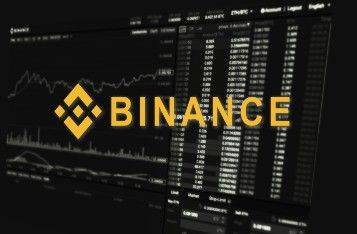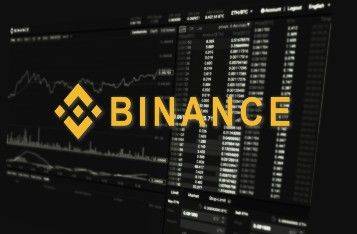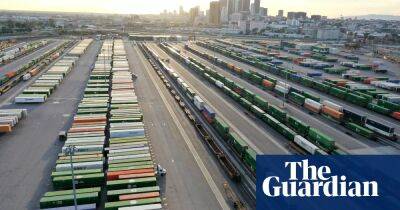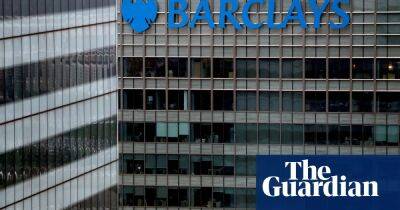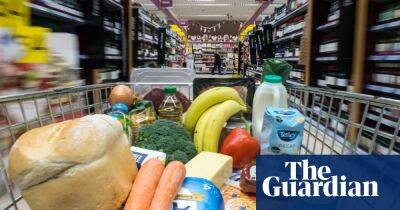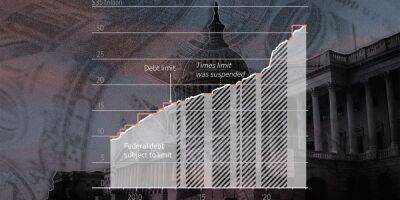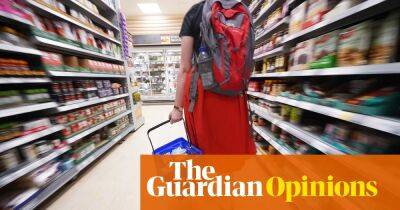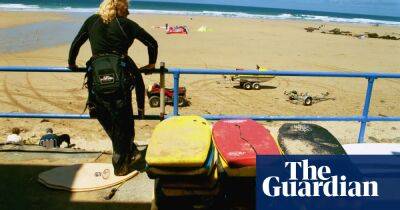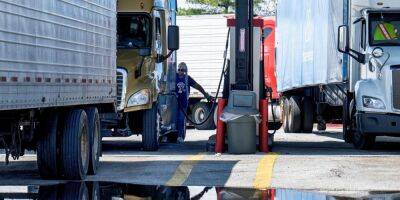‘The cost is crazy’: fighting in Sudan sends food prices soaring
“I haven’t sold anything since 6am today,” said Adam Musa, a vegetable seller at Omdurman’s open-air market, as fighting between the Sudanese army and the Rapid Support Forces raged a few miles away. “There are no people buying.”
Musa, 55, faced two problems: a lack of customers, and an inability on the part of those who did come to pay what he was charging.
His costs had increased sharply since violence broke out in Omdurman’s neighbouring city of Khartoum and elsewhere around Sudan on 15 April. In particular, fuel costs have soared, affecting the prices of all commodities, as fuel stations have closed down and petrol supplies have moved over to the black market.
“The cost of transporting is crazy,” he said. “I used to pay 1,500 SDG [Sudanese pounds; about £2] to transport my vegetables from Al-Shaabi souk on the other side of Omdurman. Now it is 10,000 SDG [£13.40]. I understand why it is so expensive. The transporters buy their fuel from the black market. God, make our lives easier.”
Only about 50% of the stalls at the market were open, and those who had ventured out looking for food faced price rises across the board: a kilo of beef up from 3,500 to 8,800 SDG; a kilo of tomatoes up from 330 to 3,000 SDG; a small bag of onions up from 6,000 to 10,000 SDG. Sugar, a vital commodity in Sudan, rose from 6,000 SDG for a 10kg basket to 10,000 SDG before disappearing from the market altogether.
Despite the sound of gunfire, the looting and the security vacuum, the dominant conversation among people in Omdurman is how expensive life has become.
Khamiesa Nimir, 44, a mother of eight, said she had fled the neighbourhood where she lived to the north of Omdurman because the fighting was getting close and armed robberies were taking
Read more on theguardian.com
 theguardian.com
theguardian.com

